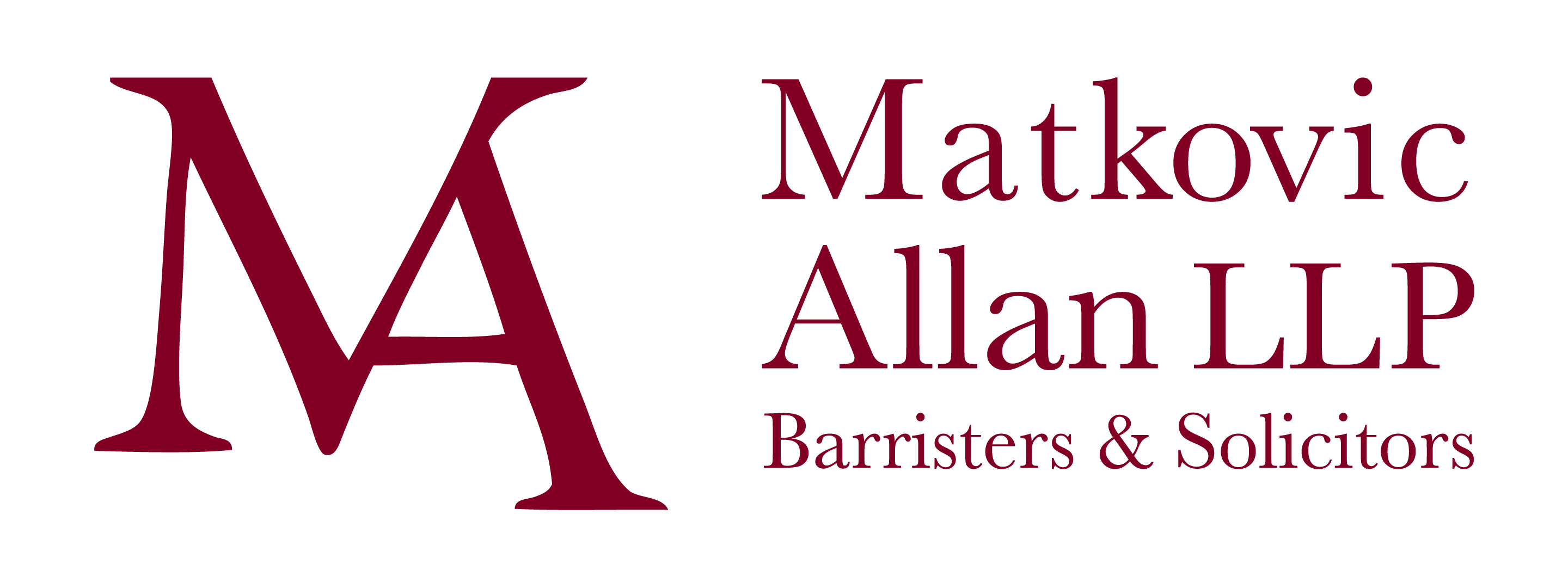In family law matters there may be instances where parents or guardians are unable to agree as to what is in the best interests of their children and they, or the Court, may have serious concerns about a parent’s capacity or willingness to act in the best interests of the child. In some cases, a professional intervention is required. Parenting Interventions and Parenting Assessments are tools used to assist parties and/or the Court in making decisions in the best interests of the children where parenting disputes are not going to be resolved by agreement. They are conducted by psychologists or social workers with extensive experience in family law who act as the Parenting Expert when conducting an intervention or assessment and they generate a report at the end of their time working with a family. A Parenting Expert cannot conduct both a Practice Note 7 Intervention and a Practice Note 8 Assessment for the same family.
Private Parenting Assessment
Where possible, guardians or parents of children may agree to privately retain a Parenting Expert to conduct a Parenting Assessment in order to answer specific questions they have about decision-making, parenting time, the needs of the child and/or the views of child. Depending on the nature of the assessment, the Parenting Expert may canvass other professionals such as therapists who have been working with the family or they may want to speak to collateral contacts such as caregivers or teachers.
Practice Note 7 Interventions
Practice Note 7 is a legal document generated by the Court of Queen’s Bench of Alberta. This document outlines the kinds of interventions where the Court will require the assistance of a Parenting Expert to assist in resolving the parties’ parenting disputes.
Under Practice Note 7, there are primarily two types of Interventions that a Parenting Expert can complete. Evaluative Interventions are to provide information to the Court that will assist with the Court’s decision-making. They may include recommendations for further therapeutic support or assessments, they may involve canvassing the views and, where appropriate, the wishes of the children or they may evaluate one parent and assess potential risk factors where a parent might not be able to meet the needs of the children. These Evaluative Interventions, are not of sufficient scope to provide recommendations for parenting time, parenting responsibilities or parental decision-making.
The Court will determine what kind of Evaluative Intervention is best in the circumstances and a Court Order will be generated outlining the parameters within which the Parenting Expert will conduct the Evaluative Intervention. Evaluative Interventions can take weeks or months to complete depending on the complexity of the matter and the cooperation of all parties. After the Intervention is completed, a report will be generated and while the parties are generally not allowed to have a copy of the report, they can review the report at their lawyer’s office.
Therapeutic Interventions are also available under Practice Note 7. These interventions are where the Parenting Expert works with the family to reduce conflict and implement positive changes in the family dynamic. This may take the form of individual or group counselling.
Therapeutic Interventions make use of a wide range of tools such as parenting courses, mediation (only with the consent of both parties), parent-only intervention, intervention with all parents, child-only intervention and parent-child intervention. In cases where one parent has been out of the child’s life for an extended period of time, interventions may also consist of remedial parenting time facilitation or parent-child reunification where the Parenting Expert works with the parent and the child/children to get reacquainted.
If parties are having difficulty co-parenting and making day-to-day decisions, they can agree to have the Court delegate decision-making powers to the Parenting Expert who will act as a Parenting Coordinator. A Parenting Coordinator can assist the parties in communicating better on day-to-day decisions and when there is a breakdown in communication, they’ll have the power to make a decision for the parties.
Practice Note 8 Assessments
Like Practice Note 7, Practice Note 8 also a document and it outlines the process of the objective assessment that can be conducted by a Parenting Expert and will serve as a litigation aid to assist the Court in addressing the best interests of the children.
Under Practice Note 8, a Parenting Expert conducts a Parenting Time/Parenting Responsibilities Assessment. This is a comprehensive assessment of the family unit that evaluates the parents’ capacities to meet the needs of the children, and each of the parents’ personal parenting strengths and vulnerabilities. New partners, extended family and others who play a significant role in the children’s lives may also participate in the assessment. During the course of this comprehensive assessment the child’s developmental needs will be evaluated, parent-child interactions will be observed and the Parenting Expert will also substantiate reports and observations through collateral information sources. Parenting Experts are at liberty to collect evidence when conducting the assessment.
Parenting Time/Parenting Responsibilities Assessments can take several weeks or months to complete given their comprehensive nature. Once the assessment is complete, the Parenting Expert will issue a report containing recommendations about parenting time and parenting responsibilities and what is in the best interest of the children based on their observations and collected evidence. This report can be reviewed by the parties at their respective lawyer’s offices, but they are not permitted to retain copies of same. This report will be utilized by the Court in making orders with respect to parenting time and decision-making for the parents of the children.
Whether you are in high-conflict separation or divorce, or you and your spouse need support as you attempt to co-parent, the lawyers at Matkovic Allan LLP can help you determine what kind of intervention or assessment is best for your family.
